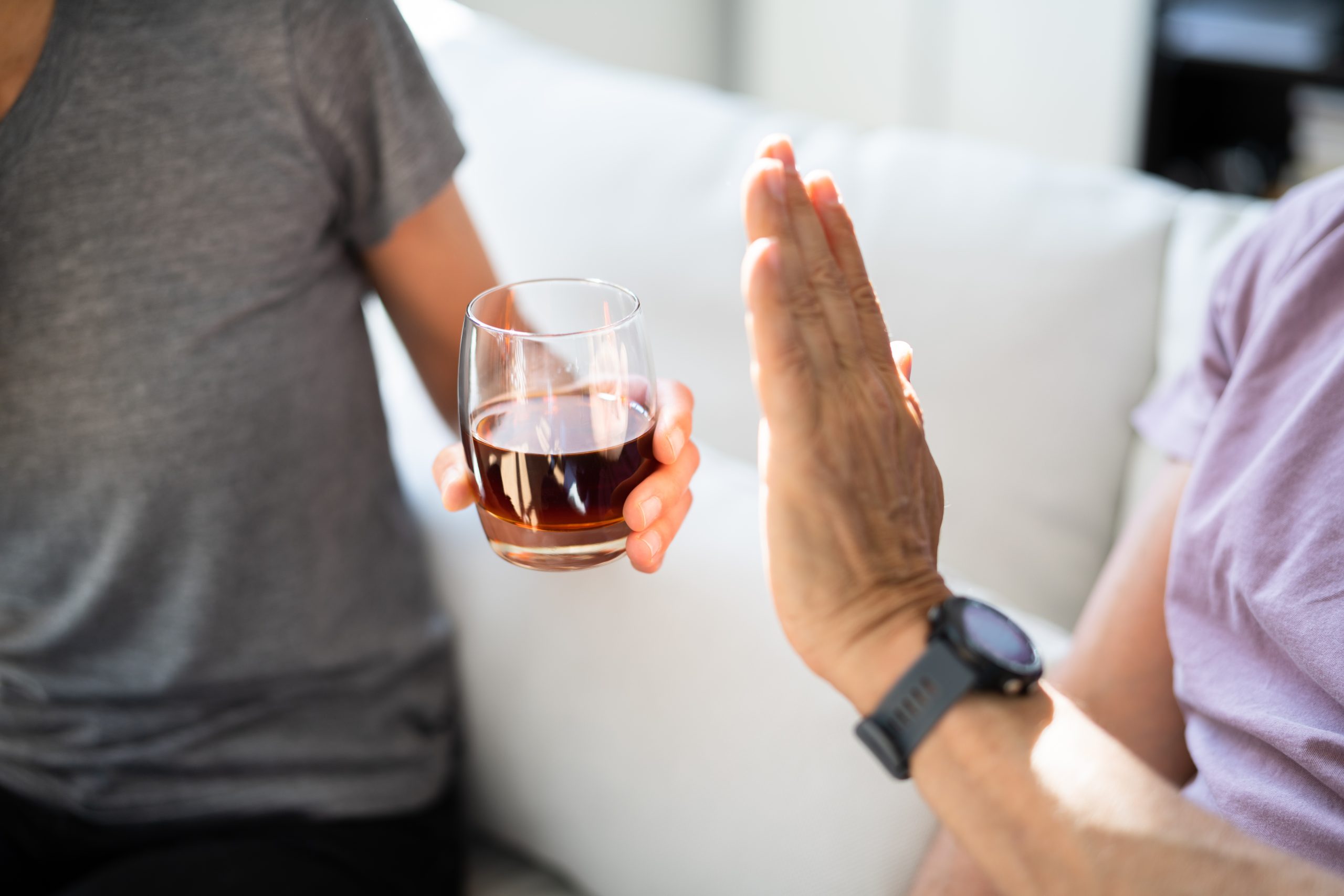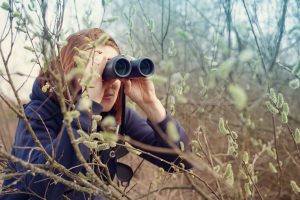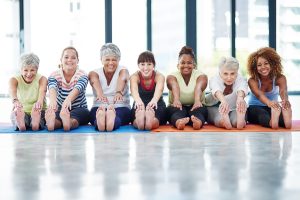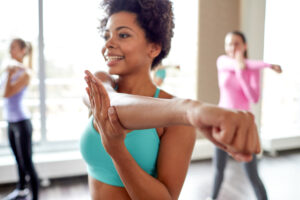The “sober curious” movement and alcohol-free months like Dry January, Dry Feb and Sober October are becoming more and more popular every year. Coined by Ruby Warrington, author of the 2018 book called Sober Curious: The Blissful Sleep, Greater Focus, Limitless Presence, and Deep Connection Awaiting Us All on the Other Side of Alcohol, being “sober curious” means questioning your relationship with alcohol and making conscious choices about when and how much you drink. The sober curious movement combats the normalization of heavy drinking and the stereotypes that people who don’t consume alcohol are not as fun or social as those who do.
The benefits of drinking less and moving more
Reducing alcohol consumption offers many of the same benefits that regular physical activity does, such as:
- Lower blood pressure
- Reduced risk of cardiovascular diseases
- Stronger immune system
- Decreased cancer risk
- Improved sleep
- More energy
- Enhanced focus
- Better mental health
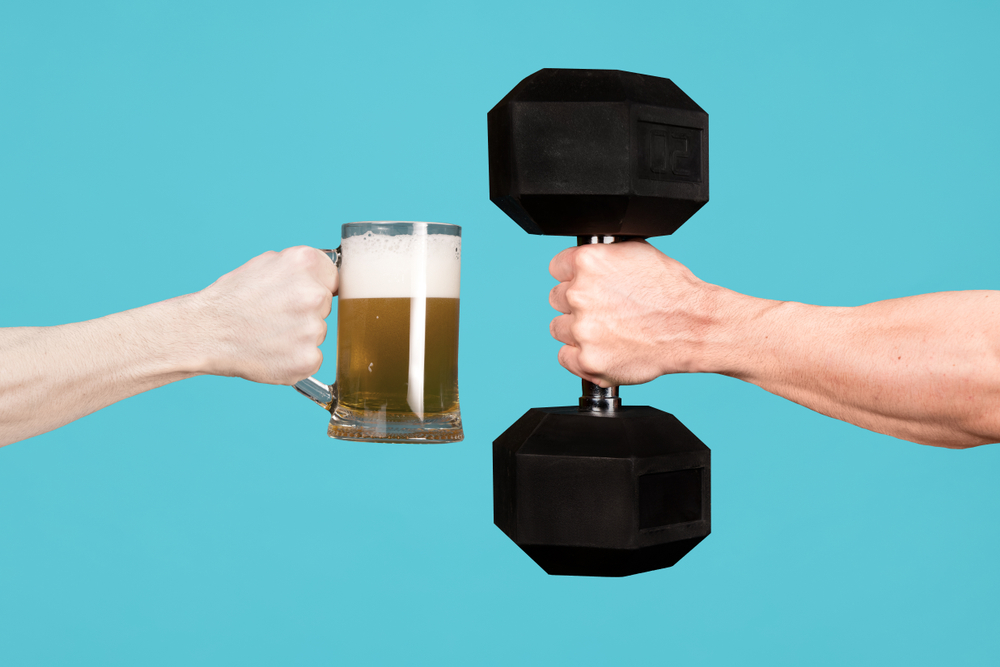
This means the combo of cutting back on alcohol and adding in more movement offers a triple-whammy of benefits – physical, mental and social.
Are you thinking about trying out a sober curious lifestyle? Here are three ways getting active can help:
1. Swapping booze with moves means a better snooze
Do you use booze to help you snooze? Even though alcohol’s known sedative effect can help you feel relaxed and fall asleep more quickly, it has also been linked to poor sleep quality and duration. Regular physical activity, on the other hand, not only reduces how much time it takes you to fall asleep but also improves how well and how long you sleep. So, trade that before-bed glass of wine, beer or spirit with stretches or yoga to help you sleep more soundly.
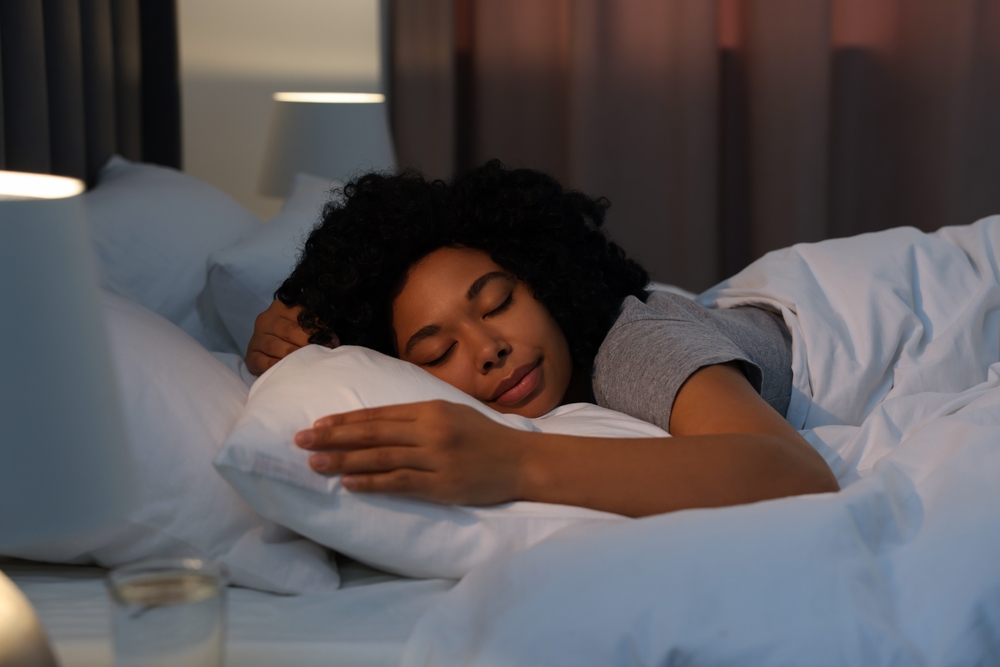
2. Getting active can help you unwind without wine
Finding healthy alternatives to drinking alcohol for dealing with stress is one of the main challenges people encounter on their sober curious journeys. But there’s a simple substitute within your reach: physical activity! Getting active lowers levels of the stress hormones, cortisol and adrenaline, and boosts levels of the “feel-good” chemicals, endorphins, serotonin and dopamine. After a long and stressful day, instead of sipping on that glass of wine, beer or cocktail while watching TV or scrolling through social media, blow off steam with an at-home workout, yoga session or brisk walk or wheel around the block.
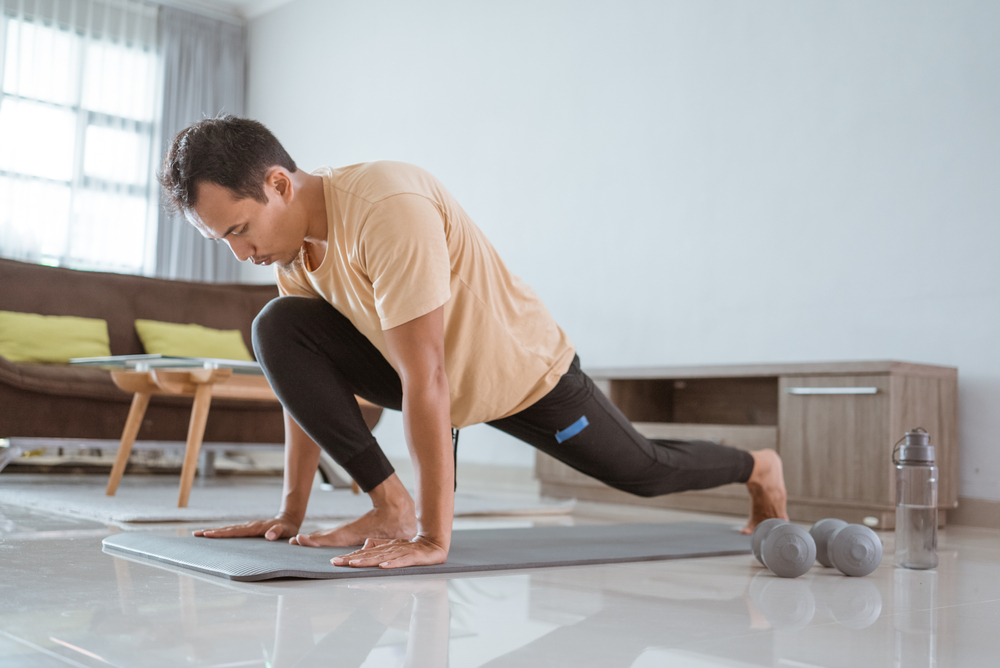
3. Miss happy hour? “Active hour” can be just as (or more) social
Drinking and socializing often go hand in hand, whether it’s at parties, during networking and work events or on dates. But physical activity can also provide opportunities for social interaction that can help you build social connections. Instead of going out for drinks with your significant other, friends or co-workers, attend a group yoga, dance or water aerobics class, play a team sport like volleyball or pickleball, or go for a walk or wheel together. Plus, by joining group fitness classes or organized sports leagues, you’ll meet like-minded people who are committed to an active lifestyle.
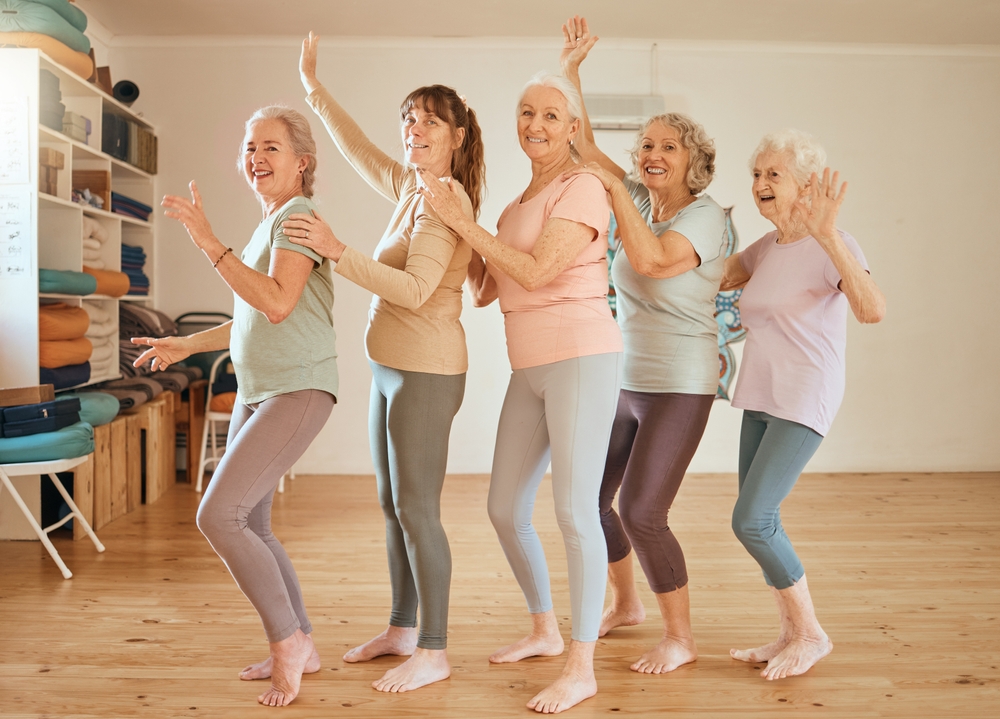
Physical activity can be a valuable companion on your journey towards a sober curious lifestyle, providing healthy alternatives for sleep aids, coping with stress and socializing. So, put on your workout clothes, lace up your sneakers and let the power of physical activity support your sober curious lifestyle. Let’s normalize sober and active lifestyles. Here’s to more gym and tonics!
More resources and initiatives that can support a sober curious lifestyle
- Dry January campaign
- Dry Feb campaign
- Sunnyside (sober curious app)
- Why you should fall in with an active crowd and 5 tips to help you find one
- Achieving goals: Why those around you are your secret weapon to success
Note: If you think you may have a drinking problem or want more help with giving up alcohol, speak to your health-care provider or a mental health professional.


